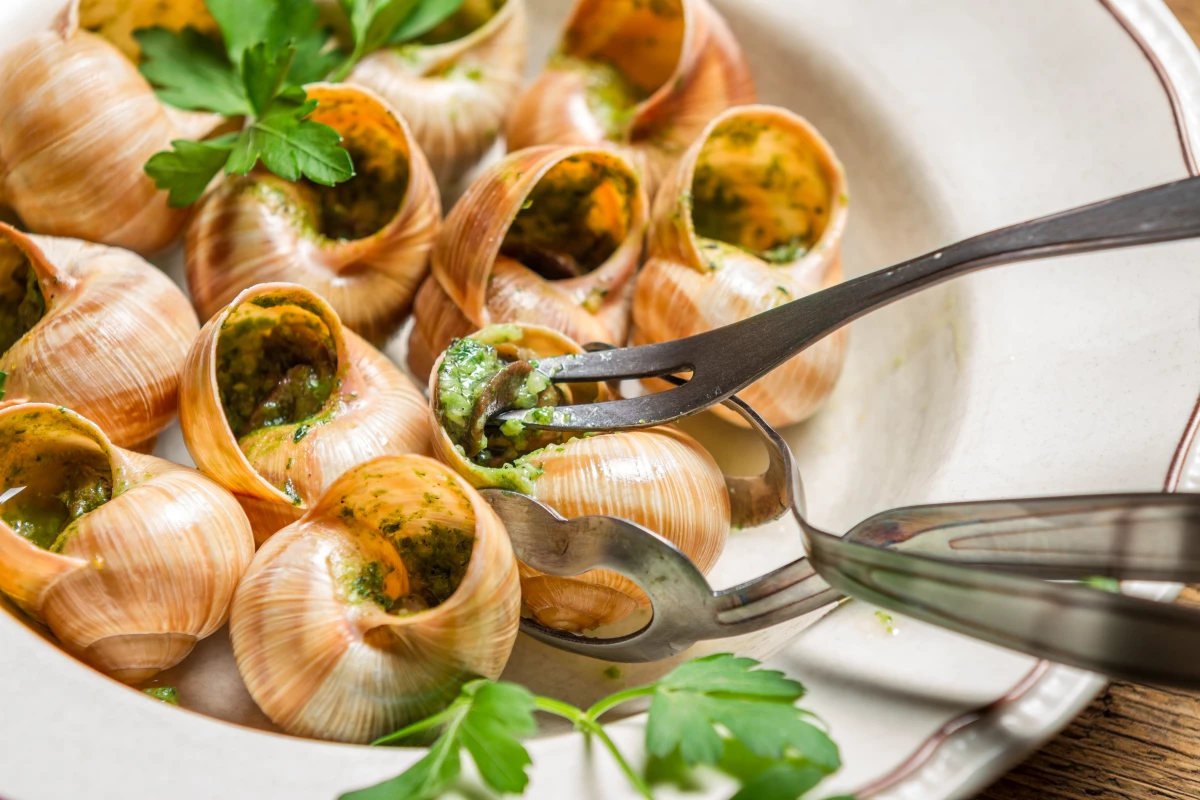How many times have you been presented with a type of food you dislike only to be told it’s an acquired taste, and eventually, if you try it enough times, you’ll come to enjoy it? A new study has found genetics may play a larger role than previously thought in determining the foods you do and don’t like.
Food preferences are complex, shaped by a variety of factors, not the least being the culture and environment one is raised in. But researchers are increasingly discovering a person’s genetics can also play a significant role in determining the food they like to eat.
Prior studies have homed in on particular genetic variants that can determine how a person responds to certain types of food. Perhaps the most infamous is the discovery that around 10 percent of people carry a gene variant that heightens their ability to sense a pungent, almost soapy, smell in the herb cilantro. Other more specific discoveries linking genetics to food preferences include a 2020 study that revealed why some people almost enjoy the smell of rotten fish.
In general, these prior studies have often been small and targeted at specific taste sensations. But a new study, published in Nature Communications, is offering the most sweeping investigation of genetics and taste ever conducted.
The new research performed a genome-wide association study tracking taste preferences for 139 foods in more than 150,000 people. More than 400 specific taste-influencing gene variants were identified.
“This is a great example of applying complex statistical methods to large genetic datasets in order to reveal new biology, in this case the underlying basis of what we like to eat and how that is structured hierarchically, from individual items up to large groups of foodstuffs,” explained co-author Jim Wilson.
The study grouped its novel genetic findings into three distinct food categories: Highly palatable (high-calories foods such as meat, cakes, dairy and carbohydrates), Low-calorie (whole foods, fruits and vegetables), and Acquired (pungent or strong flavors such as coffee, olives, cheeses and alcohol).
Interestingly, the researchers found distinct correlations between health traits and food preferences. Some of those correlations were unsurprising, such as genetic links between obesity, cardiovascular disease and highly palatable, high-calorie foods.
Other links were unusual. For example, those people with the greatest genetic propensity for liking foods in the Aquired taste category were also associated with lower indices of obesity and better blood lipid profiles, but had a higher likelihood for addictive behaviors such as smoking and drinking.
Perhaps the most valuable takeaway from the large study was the finding that many of these genetically-driven taste preferences can be linked to genes that play different roles in the brain. Co-author Nicola Piratsu said this points to much more complex biological processes determining food preferences beyond simple physiological differences in a person’s taste receptors.
“[An] important observation is that the main division of preferences is not between savory and sweet foods, as might have been expected, but between highly pleasurable and high calorie foods and those for which taste needs to be learned,” explained Piratsu. “This difference is reflected in the regions of the brain involved in their liking and it strongly points to an underlying biological mechanism.”
At this point these new findings are relatively academic, offering novel insights into what factors drive our food choices. But who knows what kind of science-fiction future these genetic discoveries could ultimately lead to? Maybe with a little CRISPR gene edit you could finally enjoy eating those healthy green vegetables and stop craving meat?
The new study was published in the journal Nature Communications.
Source: University of Edinburgh




